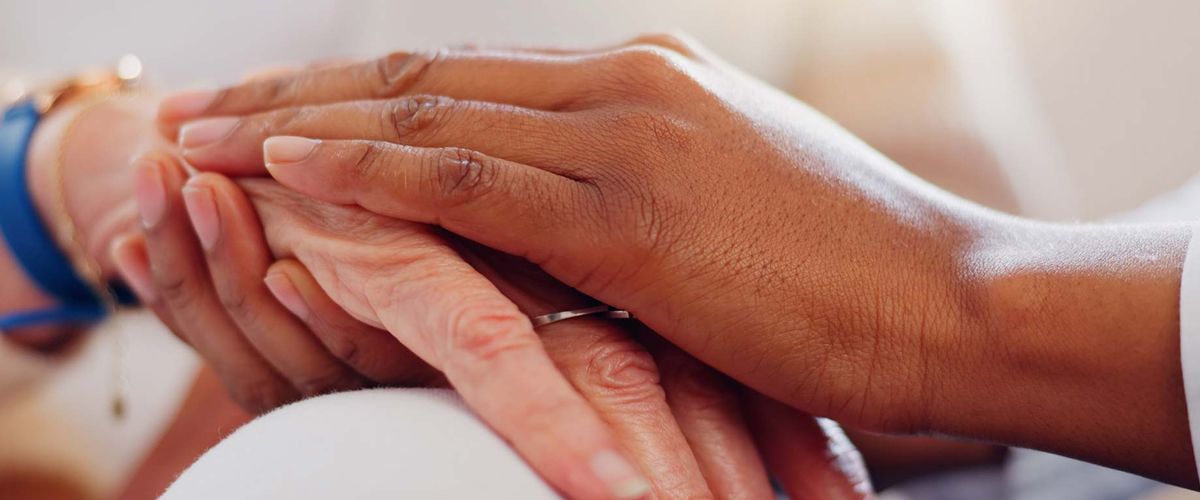Health communication recently took the spotlight in a New York Times article examining how healthcare professionals interact with older patients—particularly the use of “elderspeak,” a familiar affectation that is meant to endear healthcare workers to their patients, but can instead leave those receiving care feeling alienated.
Felipe Agudelo Acevedo, a lecturer in BU MET’s online MS in Health Communication program, was featured in the Times article, offering his perspective on the role cultural sensitivities can play in these patient-caregiver dynamics. Drawing from his own experience with his 80-year-old mother in Colombia, Dr. Acevedo noted that informal language may not have the same impact across cultures. Ultimately, he explained, effective communication requires treating these conversations as respectful negotiations between equals.
“The patient has the right to say, ‘I don’t like your talking to me that way,’” he said. “[The caregiver] should acknowledge that the recipient may not come from the same cultural background.” From there, both parties can work toward a tone of dialogue that is mutually respectful and clearly understood.
Health communication is a rapidly growing field that combines media, marketing, and public health to inform, engage, and empower diverse populations. Professionals in this space play a key role in improving outcomes and reshaping how healthcare is delivered. Visit the BU MET website to learn more about the online MS in Health Communication.
Read more in the New York Times.
